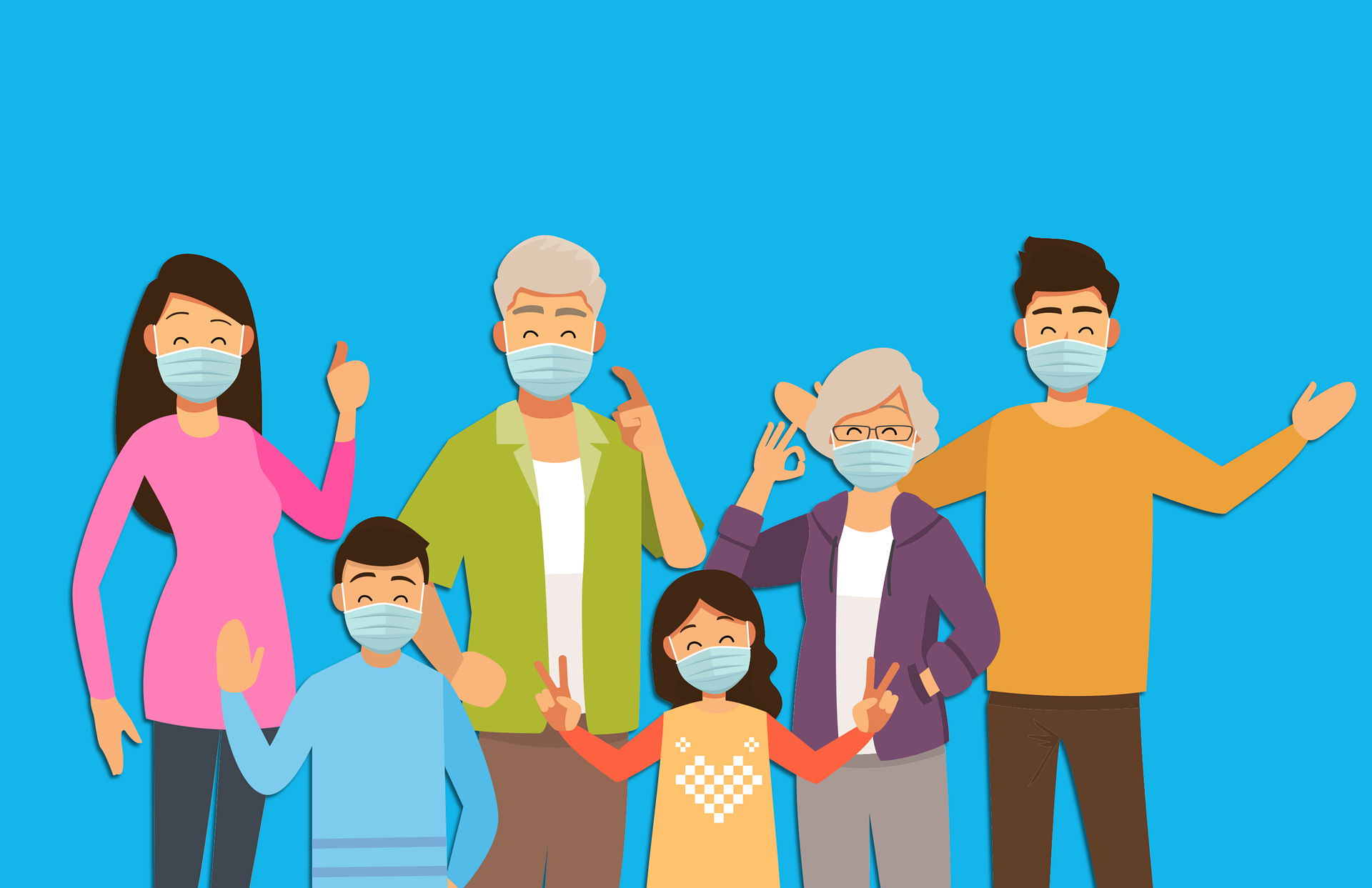News release
From:
Association of Age With SARS-CoV-2 Antibody Response
About JAMA Network Open: JAMA Network Open is the new online-only open access general medical journal from the JAMA Network. On weekdays, the journal publishes peer-reviewed clinical research and commentary in more than 40 medical and health subject areas. Every article is free online from the day of publication.
What The Study Did: This study examined whether the quantity and quality of antibodies against SARS-CoV-2 were different among children, adolescents and young adults.
Authors: Zhen Zhao, Ph.D., of Weill Cornell Medicine in New York, is the corresponding author.
(doi:10.1001/jamanetworkopen.2021.4302)
Editor’s Note: The article includes conflict of interest and funding support disclosures. Please see the article for additional information, including other authors, author contributions and affiliations, conflict of interest and financial disclosures, and funding and support.
# # #



 International
International



